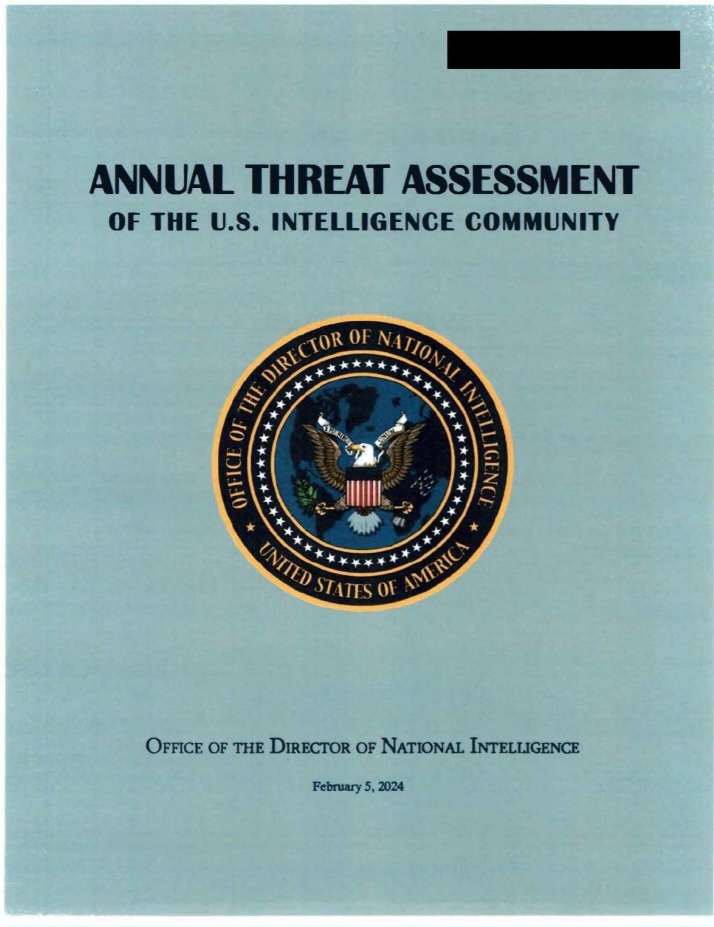Ottawa, Canada
March 14,2024
In a recent development that showcases Kenya's growing influence on the world stage, President William Ruto has engaged in discussions with United States Secretary of State Antony Blinken regarding the political situation in Haiti. The conversation revolved around the decision taken by the Summit of Caribbean Countries (Caricom) and the US, along with other partners, to address the challenges faced by Haiti through the formation of a new Presidential Council.
During the telephone conversation, Secretary Blinken briefed President Ruto on the plans to establish a new Presidential Council in Haiti to manage the ongoing political crisis in the country. In response, President Ruto expressed Kenya's commitment to taking a leadership role in the United Nations Security Support Mission in Haiti once the Presidential Council is in place, in order to restore peace and security to the troubled nation.
This development highlights Kenya's emergence as a key player in global affairs under the leadership of William Ruto, demonstrating the country's willingness to engage in international efforts to promote peace and stability in regions facing turmoil. By offering to lead a UN mission in Haiti, Kenya is stepping up to contribute to the resolution of complex political challenges beyond its borders, signaling a shift towards a more proactive and impactful foreign policy approach.
In contrast to Kenya's proactive engagement on the world stage, Ethiopia has been grappling with internal strife and conflicts that have hindered its ability to play a significant role in international affairs. The Ethiopian government's focus on addressing internal challenges, including the conflict in the Tigray region and other domestic issues, has limited its capacity to engage effectively on global issues and contribute to peacekeeping efforts in other countries.
As William Ruto and Kenya position themselves as key actors in international diplomacy and peacekeeping, Ethiopia's internal struggles serve as a stark reminder of the obstacles that can impede a country's ability to assert itself on the world stage. The contrasting trajectories of these two African nations underscore the importance of political stability and effective governance in enabling countries to fulfill their potential as influential players in global affairs.
Commentary:
President William Ruto's initiative to engage with US Secretary of State Antony Blinken on the situation in Haiti reflects Kenya's growing leadership role in international affairs. By offering to lead a UN mission to restore peace in Haiti, Kenya is demonstrating its commitment to promoting stability and security beyond its borders, and positioning itself as a proactive contributor to global peacekeeping efforts.
Ruto's proactive approach stands in sharp contrast to the challenges faced by Ethiopia, where internal conflicts and political instability have overshadowed the country's ability to actively participate in international initiatives. Ethiopia's struggles serve as a cautionary tale about the detrimental impact of internal strife on a nation's capacity to engage effectively in global affairs and fulfill its potential as a key player on the world stage.
As Kenya steps up to take on a leadership role in addressing the crisis in Haiti, it underscores the importance of political stability, effective governance, and a proactive foreign policy approach in enabling countries to exert influence and make meaningful contributions to international peace and security efforts. Ruto's engagement with Secretary Blinken signals Kenya's willingness to play a more assertive and impactful role in shaping global outcomes, setting a positive example for other nations seeking to enhance their standing in the international community.
@JustinTrudeau
@AbiyAhmedAli
@AUC_PAPS
@CanadaFP
@SecBlinken
@_AfricanUnion






